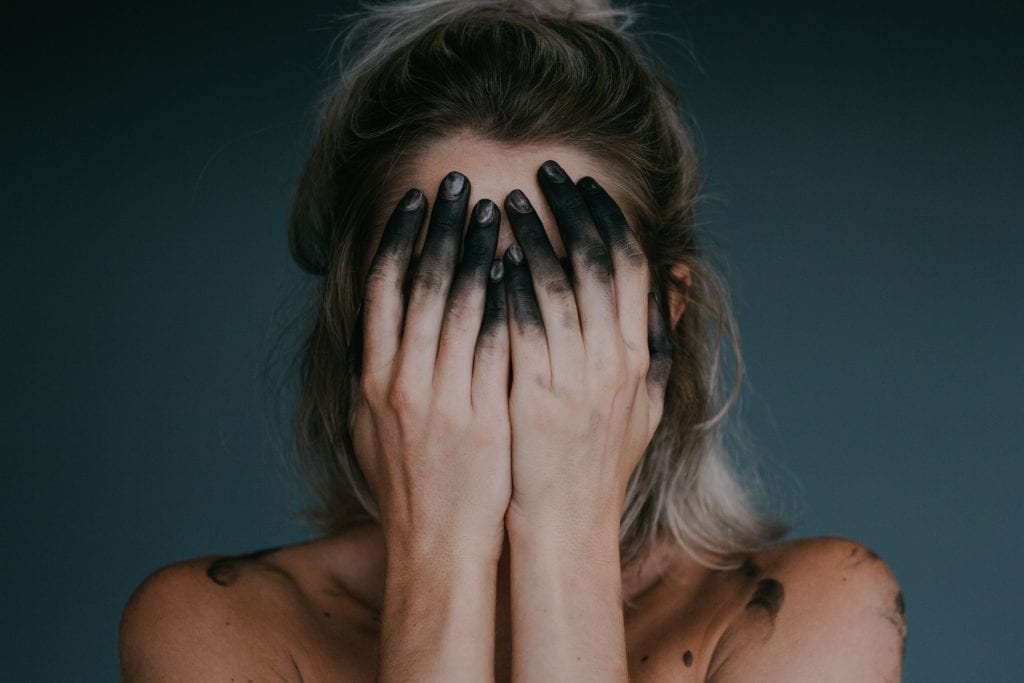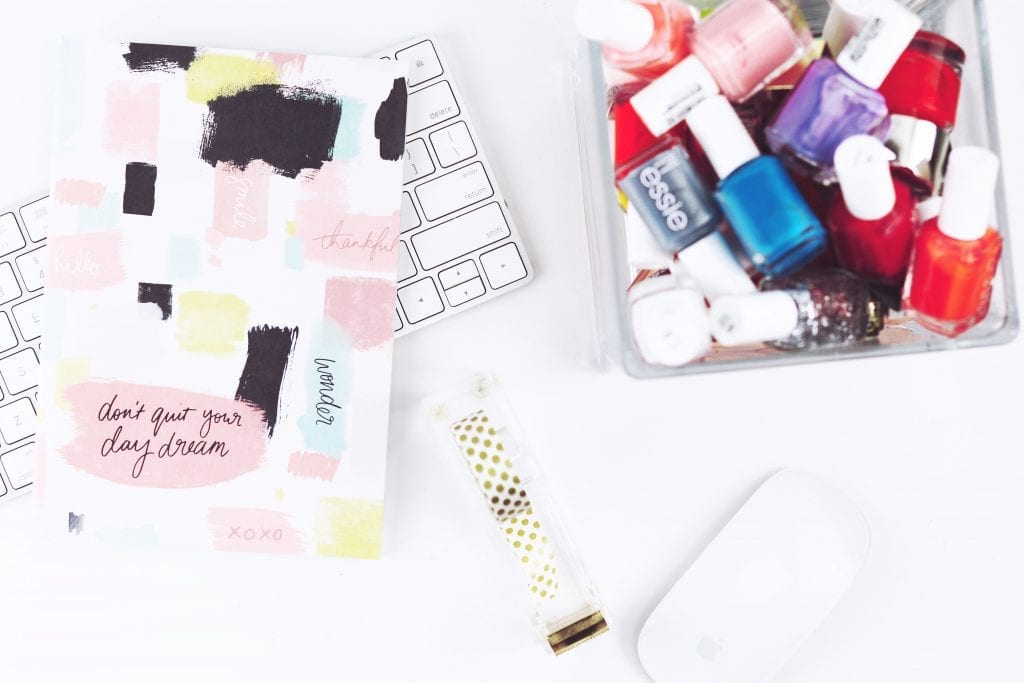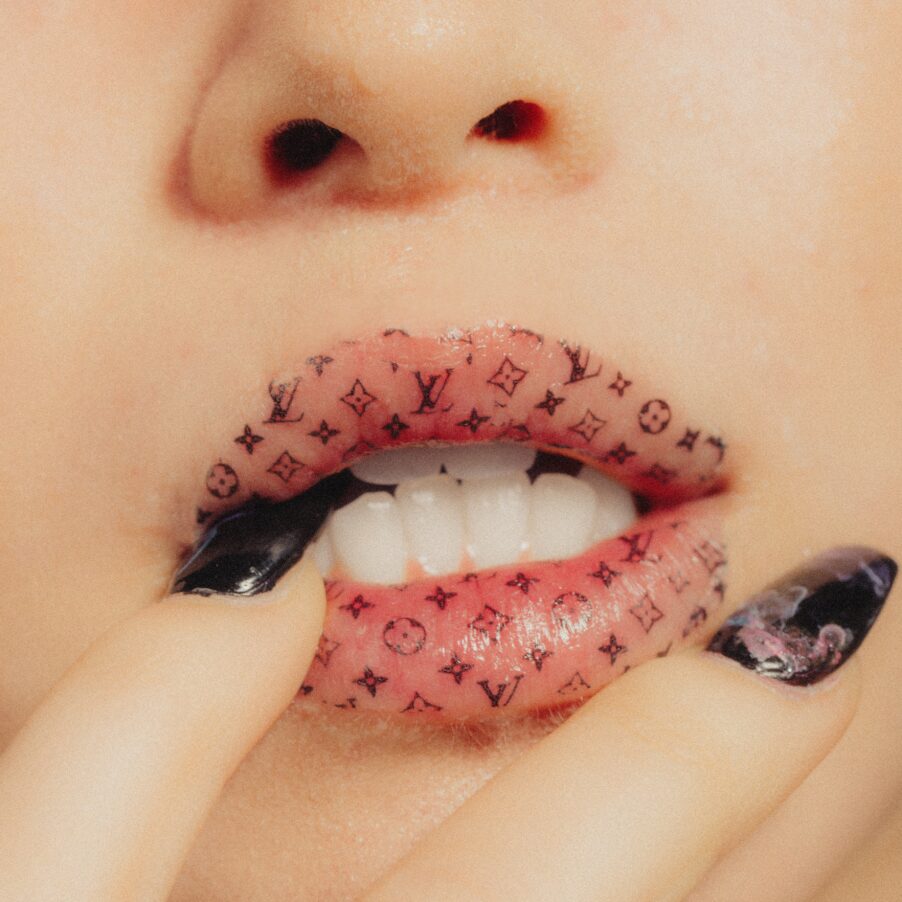I’ve developed many bad habits over the years. I cannot start eating my dinner unless I’ve found a sufficiently entertaining show to watch. I haven’t gone to bed at a decent hour in years and I’ve been known to fall asleep with a slab of make-up on. But one thing that I share with 20-30% of the population is my nail-biting obsession. I’ve had short and stubby nails for as long as I can remember. Whilst I’ve always admired the long and dainty nails of my mother and friends I never understood how they could just …let them grow.
Nail-Biting or Onychophagia is a type of Body Focused Repetitive Disorder. These types of disorders are distantly related to Obsessive Compulsive Disorder and can be equally difficult to quit as sufferers often accept their habit and resolve that they are too weak willed to quit. Like many nail biters, I’m aware of the disgusting consequence of my habit and its subsequent impact on my physical health but alas I still persist, often subconsciously.

In an attempt to get a better understanding of my unfashionable affliction I looked deeper into the psychological causes of Onychophagia. Greek philosopher Theophrastus (c. 371 – c. 287 BC) considered the appearance of fingernails to be pivotal in the characterisation of people. Individuals possessing un-manicured nails were considered to be lackadaisical. Fast forward 2000 years later to early psychoanalytic scholars such as Freud who regarded nail-biting as a return to the oral stage of development, an aggressive motivation represented by biting and the desire for the breast represented by putting things in one’s mouth. Well.
Luckily for me, research has developed since then and psychologists now believe that nail-biting occurs for less ‘Electra Complex’ based reasons. A 2006 study by Williams, Rose and Chisholm investigating nail-biting in young adults found that the habit occurs as a result of boredom or stress suggesting that negative and unstimulating environments are a nail-biters worst nightmare. A commonly held belief is that nail-biting is a manifestation of anxiety. However, research investigating Onychophagia in children were unable to find sufficient evidence to suggest that nail-biters are any more anxious than those who do not partake. More recently, psychologists have linked nail-biting to perfectionism.
Considering that in their natural habitat my jagged and stubby nails don’t resemble anything close to perfection I found this result to rather surprising. However, research has found that people who engage in Body Focused Repetitive Behaviours like nail-biting “demonstrate maladaptive planning styles characterized by high standards and unwillingness to relax, two inherent traits in perfectionists.” Similarly, when surveying Nail-Biters, results also found that when compared to non-biters, biters have a tendency to over-plan, overwork themselves, become easily frustrated without high-levels of activity and exhibit many more traits possessed by Organizational Perfectionists.

So now I’ve figured out how I bite my nails and have resolved that I’m determined to quit, I need to consider how I’m going to fix the issue. Avoiding boredom and unstimulating environments at all costs whilst ideal, let’s face it, is pretty unrealistic. Studies have found that nail-biting occurs least often when people are reprimanded for their behaviour. As much as I’m sure my mother would relish the opportunity to give me a good telling off every time my hand ascends towards my face that won’t work because, jobs. Recent intervention research has concentrated on habit reversal, which focuses on awareness training and relaxation. However, Adesso and Norberg (2001) conclude that the long-term effects of these methods are not as impressive as the initial results.
One thing I’ve noticed is that I am more reluctant to give into temptation when my nails are done. Like most nail-biters it’s not uncommon to experience self-consciousness when visiting nail salons as technicians have been reported as going so far as to refuse serving clientele with botch nails at all. To make things easier, we’ve made a list of the highest rated items you’ll need to give your nails first class treatment as well as a break from your gnashing teeth, all from the comfort of your home.
Do you have any other tricks to battle Onychophagia? Sound off in the comments below!




thanks for info.